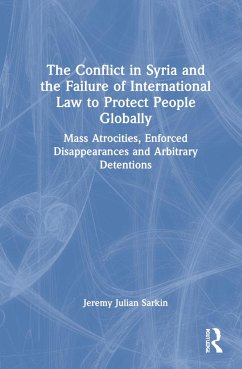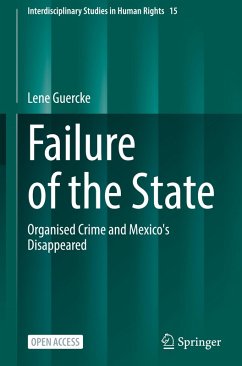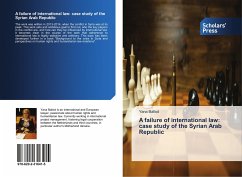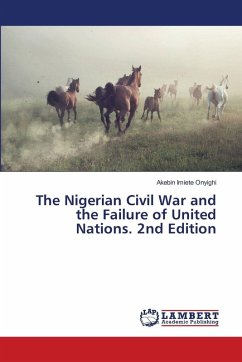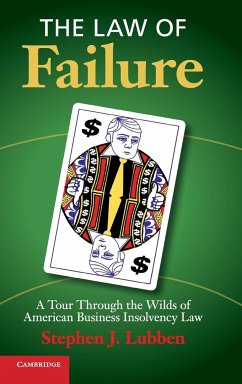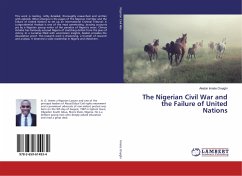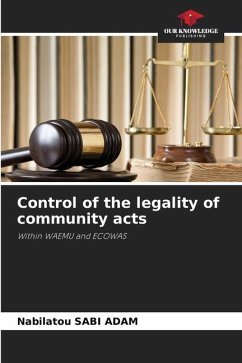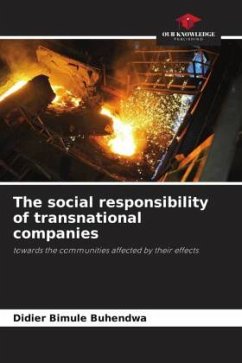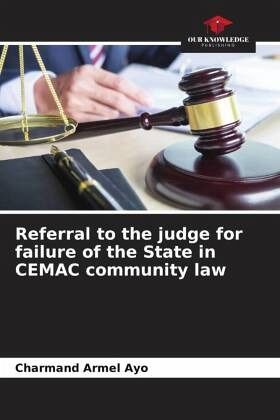
Referral to the judge for failure of the State in CEMAC community law
Versandkostenfrei!
Versandfertig in 6-10 Tagen
41,99 €
inkl. MwSt.

PAYBACK Punkte
21 °P sammeln!
he institutional and normative reform undertaken in 2006 within CEMAC reached its climax on June 25, 2008. This is the case of the formalization of the recourse in default. The clarifications brought by the said reform actually condition the effectiveness of CEMAC community law. By establishing the judicial chamber as a court, the referral mechanism within the framework of the action for failure to fulfil obligations should significantly contribute to the strengthening of this right. It therefore became interesting to devote a study to this subject. In this context, the question that has been ...
he institutional and normative reform undertaken in 2006 within CEMAC reached its climax on June 25, 2008. This is the case of the formalization of the recourse in default. The clarifications brought by the said reform actually condition the effectiveness of CEMAC community law. By establishing the judicial chamber as a court, the referral mechanism within the framework of the action for failure to fulfil obligations should significantly contribute to the strengthening of this right. It therefore became interesting to devote a study to this subject. In this context, the question that has been raised here is: what characterizes the referral of cases to the courts for failure to fulfil obligations under CEMAC community law? It emerges from the study that it is an ambiguous referral, because if it is true that on the substantial level the conditions of referral are well formalized, however on the formal level, it is strongly obstructed. Indeed, on this last aspect, it weakens the effective implementation of the recourse in failure. However, the organic aspect, i.e. the jurisdiction to be seized does not pose any problem since it is precisely indicated. On the other hand, the procedural aspect, i.e.



